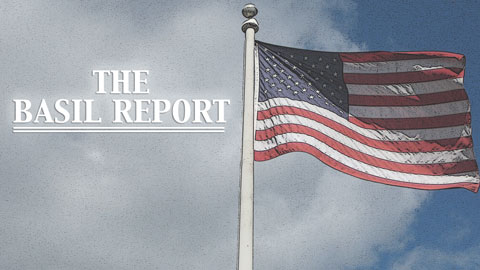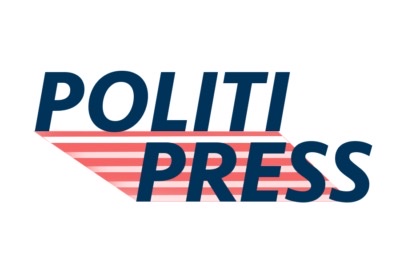A month ago, President Obama, French President Sarkozy, and British Prime Minister Gordon Brown announced one of the Iranian government’s greatest state secrets: the existence of a secret nuclear enrichment facility in Qom, Iran.
Though this revelation came at the end of the G20 economic summit in Pittsburgh, it was clearly intended as a warning shot and as leverage before negotiations began a week later between Iran and the P5+1 – China, France, the United Kingdom, Russia, Germany, and, most importantly, the United States. The first part of these talks – the first direct ones between the US and Iran in 30 years – ended on October 4, with representatives saying that Iran had agreed to ship all of its enriched uranium to Russia.
However, soon after, Tehran’s ambassador to Britain denied (“No, no!” in the words of Iran’s ambassador to London) any such agreement had been made. Now, this Friday, the Iranian negotiating team came straight out and said it would take another week before deciding whether or not to accept the agreement.
Such obstructionist actions are characteristic of the Iranian regime. The concealment of the Qom facility, in particular, is a dangerous sign. If Tehran has one undisclosed nuclear facility, who is to say that they don’t have another? Two others? Five others?
Furthermore, it is next to impossible that these enrichment centers are for peaceful purposes. Iran’s main enrichment facility in Natanz can hold up to 18 times the machinery that the Qom facility can; it is simply not economical to build a whole new facility of that size simply for peaceful purposes.
However, the question must be asked: would a nuclear-armed Iranian regime really be so bad?
The answer: yes. Allowing Iran to obtain nuclear weapons is absolutely unacceptable. Not only would nuclear mullahs be a dangerous threat to peace in the Middle East, but – even worse – the possession of such weapons would lead to a cascade of destructive consequences.
1. The prospect of devastating conflict. The Middle East, already highly volatile, does not need another nuclear armed state. Additionally, who knows what is going on inside the heads of Ayatollah Khomeini and President Mahmoud Ahmadinejad? They do not appear to be the most rational heads of state. As the Israeli prime minister bluntly put it, “You don’t want a messianic apocalyptic cult controlling atomic bombs.”
2. The possibility of nuclear proliferation, especially to terrorists. Iran, known for funding groups like Hezbollah and Hamas, is the world’s leading state sponsor of terrorism. These two terrorist organizations are even more irrational than Iran (think: suicide bombings); they would be even more likely to put to use a weapon of mass destruction.
3. A dangerous international precedent would be set. Iran is currently a signatory to the Nuclear Non-Proliferation Treaty (NPT). Under this treaty, no country besides the US, Russia, China, France, and Britain may possess nuclear warheads. Four other states currently have nuclear weapons: Israel, Pakistan, India, and North Korea. It is not a coincidence that these are the only four countries in the world that have not signed the NPT.
Allowing Iran, a country that is within the confines of NPT, to get away with acquiring nuclear weapons would be hugely damaging to the treaty. In turn, allowing the NPT to collapse would be devastating for non-proliferation efforts worldwide.
4. Increased Iranian clout. Iran is a major oil supplier, and giving Tehran more power would weaken the energy security of every oil-importing nation in the world. As well, it would give the Iran more influence over its neighbors, especially Iraq. Because Iran’s interests often run contrary to those of the United States, this would not be good for our national interests.
5. A Middle-Eastern arms race. the most important danger of a nuclear-armed Iran is the regional arms race it could create. Even worse, this would be a nuclear arms race. Saudi Arabia, in particular, as Iran’s biggest Arab rival, would feel compelled to develop nuclear weapons. Turkey and Egypt, among others, might feel threatened as well. There is historical precedence for such proliferation. After India conducted its “Smiling Buddha” nuclear tests in the 1970s, its arch-nemesis Pakistan felt threatened and developed its own nuclear program.
Such an arms race would drastically increase the risk of conflict.
Does all this justify a military strike against Iran? That’s a topic for another post. But allow me to hint at my belief here: if destroying Iran’s nuclear program was physically possible, we would have done it years ago.






























